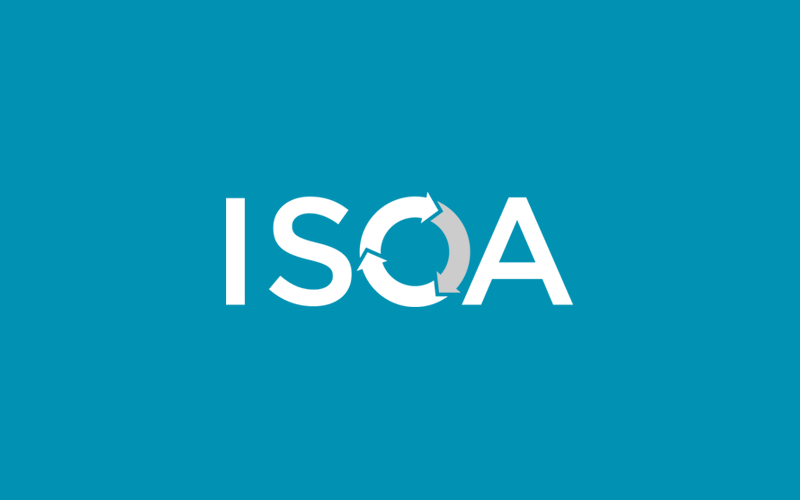Leighton Contractors is committed to operating sustainably
We are transparent about our sustainability commitments, standards and performance requirements, and we report regularly on our progress.
The safety and health of our people is also core to every aspect of our business, and how we deliver on our social, environmental, ethical and financial responsibilities. In addition, our social commitment is extensive in the communities in which we operate.
As a long-time member of the Infrastructure Sustainability Council of Australia, we recognise the importance of the infrastructure sustainability (IS) rating tool and its positive impact on the industry.
We have partnered in the first project to achieve an “As Built” rating – the Great Eastern Highway Upgrade in Perth – and we are also involved in several others that are registered for a rating, including Gateway WA and Elizabeth Quay. Increasingly, our clients, industry, governments and communities expect more from us in regard to sustainability and the environment. For example, we have seen a significant increase in requests for IS ratings in the infrastructure projects we tender for. Given this, we are developing the capacity and capability of our people by organising in-house IS Foundation Training courses, which have been run in Perth, Melbourne and Sydney. To date, we have 33 IS accredited professionals across our sites in Australia.
We have supported and encouraged a broad cross-section of our people to participate in IS training, including designers, environment managers, procurement managers and project directors. In some cases, client staff have also participated. Tailored in-house training has facilitated knowledge sharing, provided opportunities for open and frank discussions about performance and areas for improvement, and helped lower costs.
To date, the feedback from the training has been positive, with many people commenting on the course content, quality of materials and an improved ability to assess projects using the IS rating tool. With IS Foundation Training, our people are better equipped to understand applied sustainability in the context of infrastructure projects, and what can be achieved and how. Not only does this support our efforts to continue building organisational capability, it also ensures our people have the right skills to perform their roles and are living our core purpose and values every day.


